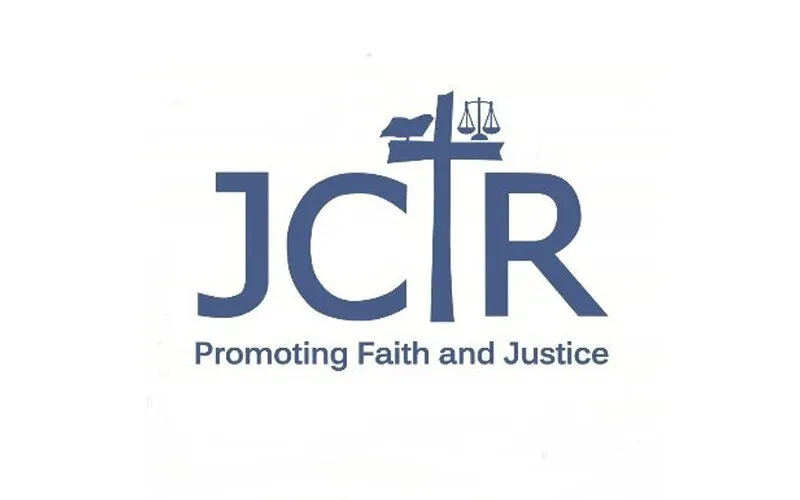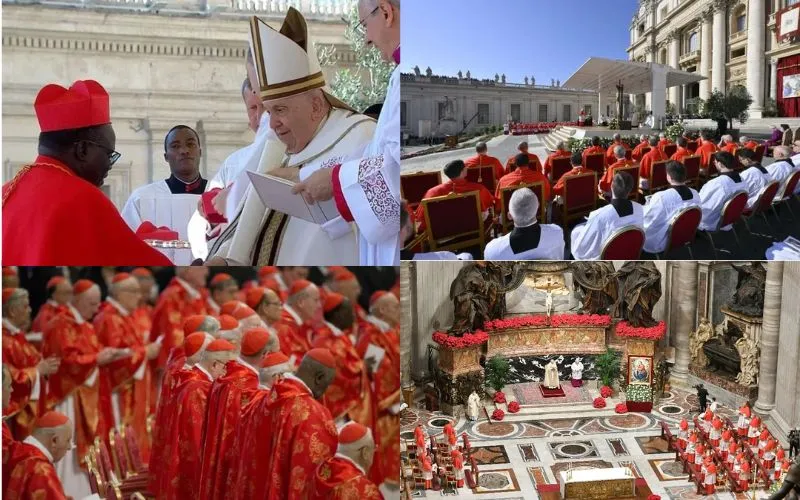“Unemployed youths are being used as tools of violence that can easily be sacrificed like pawn pieces in a game of chess,” the officials of the Lusaka-based Jesuit institution say and continue, “It is also sad to note that some youths are allowing themselves to be brainwashed and to sacrifice their human dignity at the altar of political hooliganism.”
As Zambia gears towards the 2021 general elections, the citizens of the Southern African nation have witnessed several clashes pitting youth suspected to be supporters of the ruling Patriotic Front (PF) against those of the opposition, the United Party for National Development (UPND).
The November 15 attack of Charmaine Musonda, an aspiring parliamentary member of the UPND, alongside three other people were assaulted as they prepared to go for a rally to be addressed the party’s President, Hakainde Hichilema is one of the most recent incidences.
On October 14, suspected UPND cadres reportedly attacked residents of Mununga area in Mpika District situated in the northeastern part of the country.
In the November 22 statement, JCTR officials indicate that the violence in the country is being fueled by “polarized media, institutionalization of cadreism, proliferation of hate speeches, cheap culture of handouts, promotion of geo-centric and ethnocentric-politics, and erosion of confidence in the electoral process.”
“Clashes between party cadres must never be allowed to take place in this country because we are one people who must always respect and accommodate each other’s political opinions,” officials of the Jesuit Research institution say.
They call on “both the ruling and opposition political party leaders to immediately put an end to political violence in this Zambia.”
“Political leaders must work together to stamp out this cancer of political violence that is slowly but surely spreading in the political fabric of this nation,” JCTR officials say and urge politicians to “work together and take concrete steps to stem out the culture of political violence by addressing the root causes.”
They further urge politicians in Zambia to “take a lead in practicing and promoting politics of mutual tolerance and mutual respect.”
“Mere public denunciation or condemnation of political violence alone will not stop the violence. Leaders must teach by example,” JCTR officials underscore in their November 22 statement, adding that the Southern African nation needs “leaders who are capable of engaging in a constructive dialogue and honest reconciliation.”








